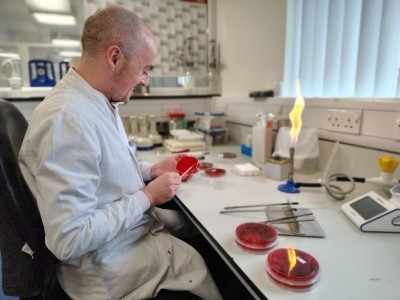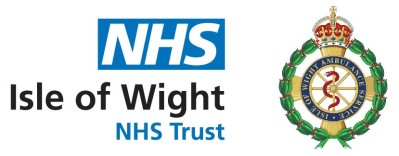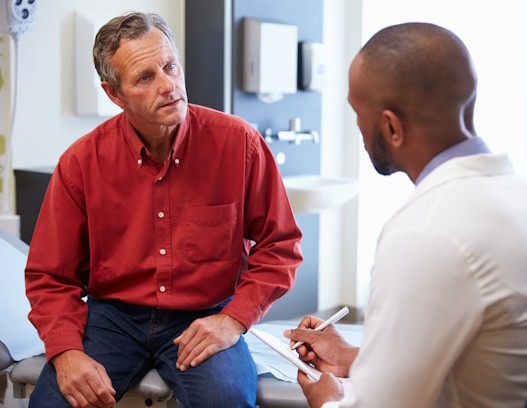Medical microbiology is the study of micro-organisms which cause disease and is concerned with their detection, identification and treatment thereby preventing the spread of infection.

Clinical microbiology focuses on the isolation and characterisation of infectious organisms so they can be managed and treated in patients.
Medical microbiologists are available, both during the day and out-of-hours, to give advice concerning the diagnosis, treatment, and monitoring of infectious diseases. Where appropriate, preliminary reports and results are phoned to the clinician concerned. Ward rounds are conducted daily to review and offer advice on the management of inpatients with serious infections.
In the department, we process almost anything that comes off or out of a patient with the aim of identifying any potential pathogens (e.g. bacteria, viruses, parasites, fungi, or yeasts), and testing which antibiotics are suitable for treating any possible bacterial infections.
Given the nature of the micro-organisms we look for, the tests required, and their associated turnaround times can vary greatly. Investigations for organisms such as Clostridium difficile can be performed in as little as 30 minutes following receipt into the laboratory (which is vital for infection control purposes), and COVID-19/Flu/RSV tests can be reported within an hour of testing.
Other organisms are little more particular and require culturing, which can take significantly longer. Below are a few examples of tests that take a little longer:
- a culture for MSSA or MRSA can take a couple of days to identify.
- any blood cultures we receive are incubated for 5-10 days before we can safely report them as negative.
- fungal cultures can take up to five days before seeing any growth and it might be weeks before we see enough features to identify them!
- TB cultures take a whopping 42 days for the entire culture to be completed!
Our consultants
Dr Emily MacNaughton
Dr Albert Lessing



